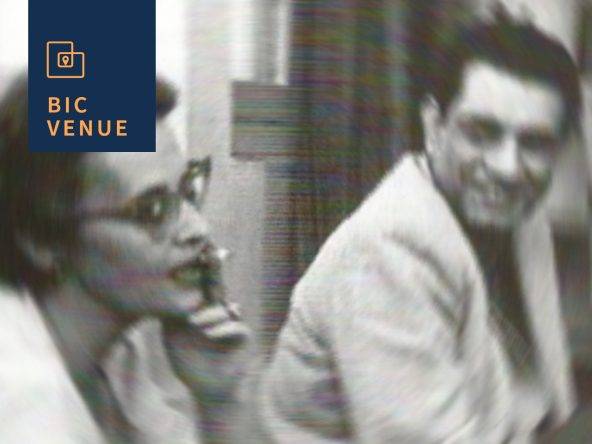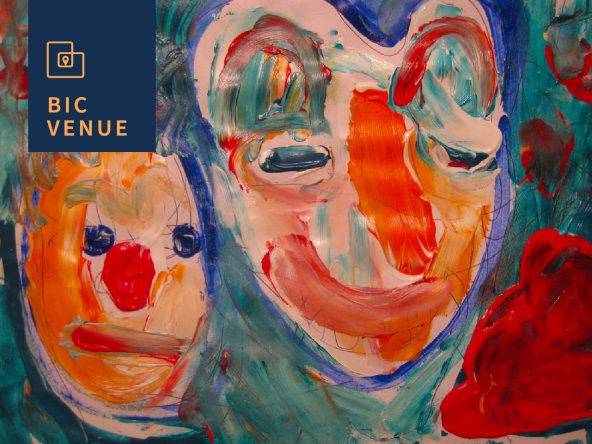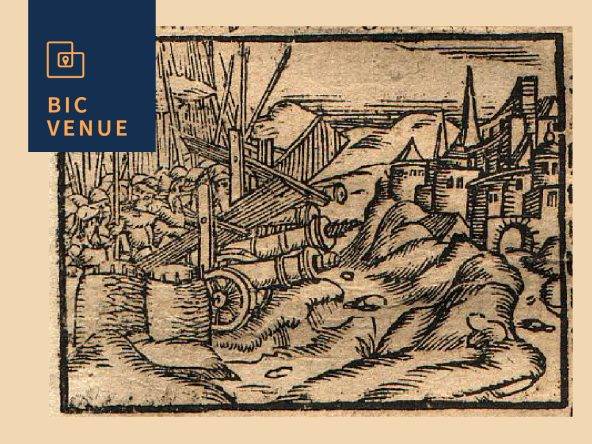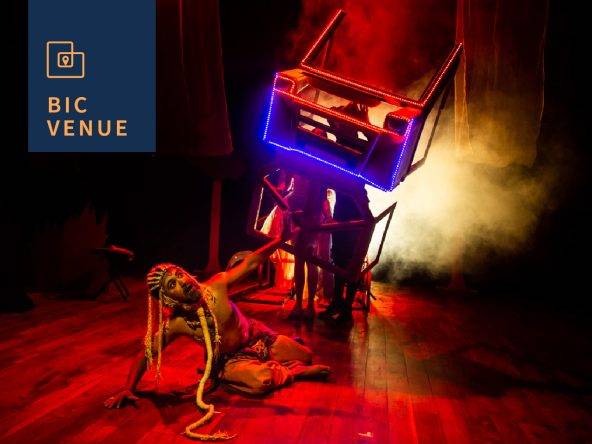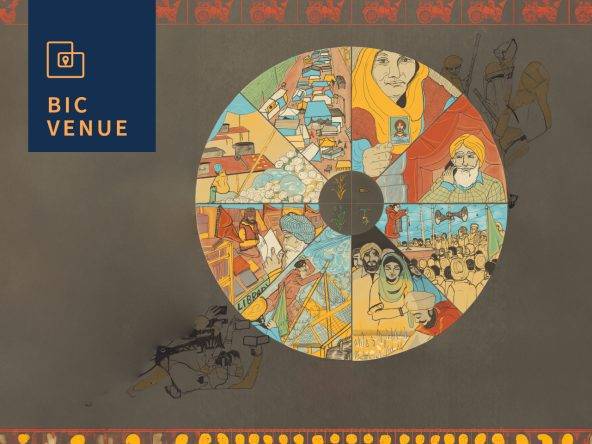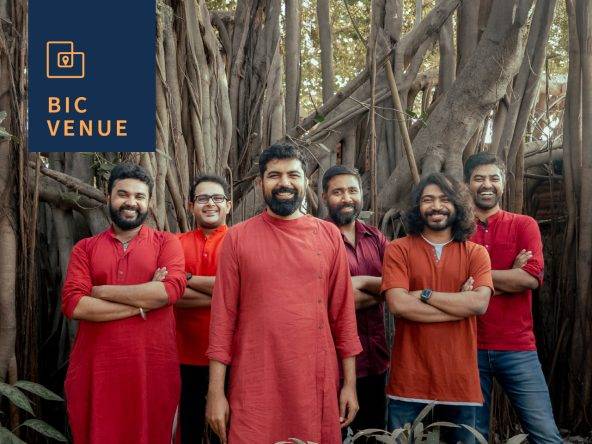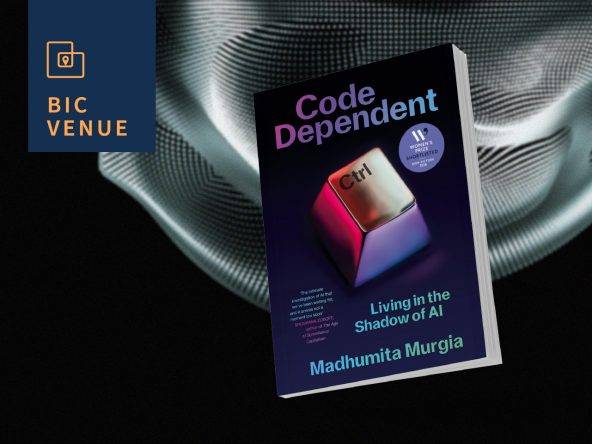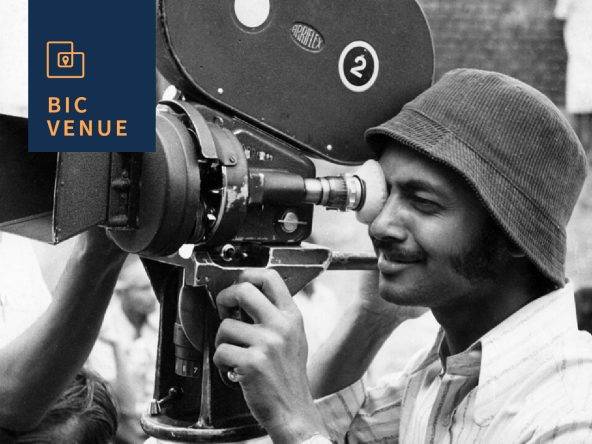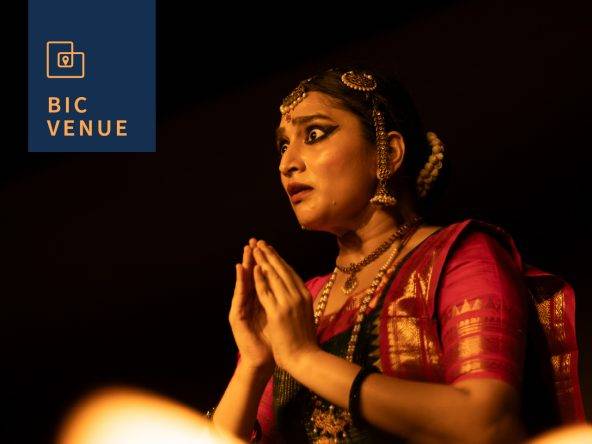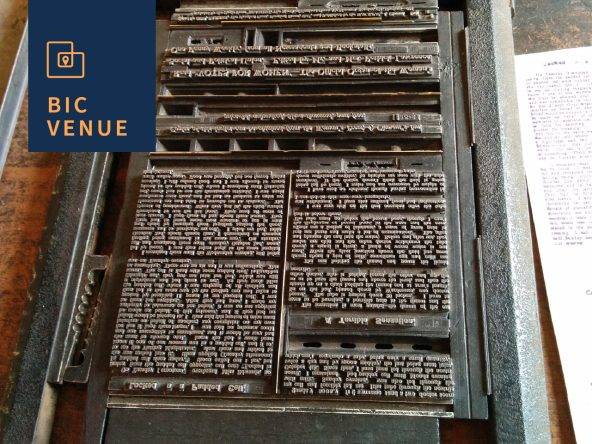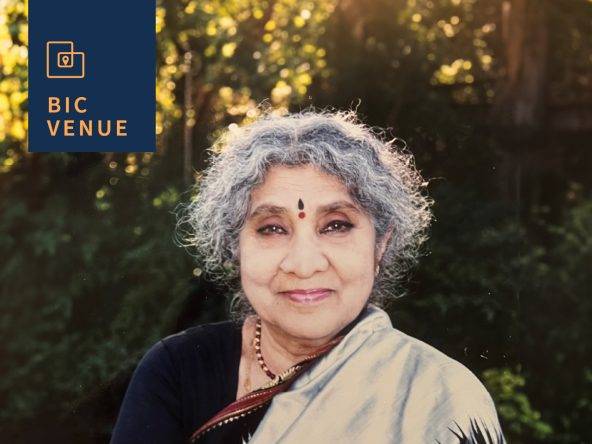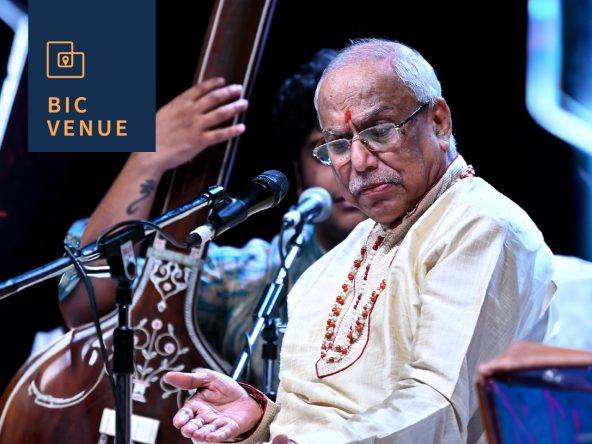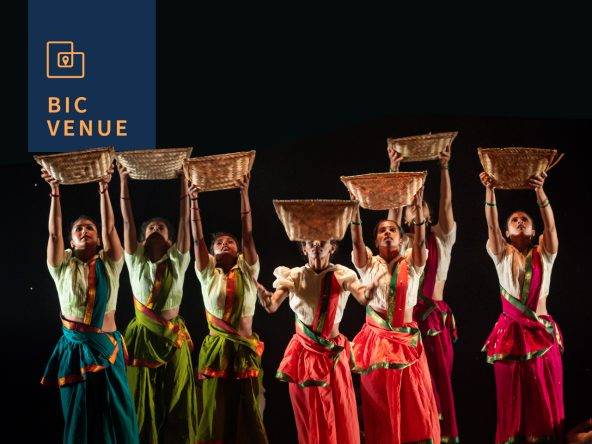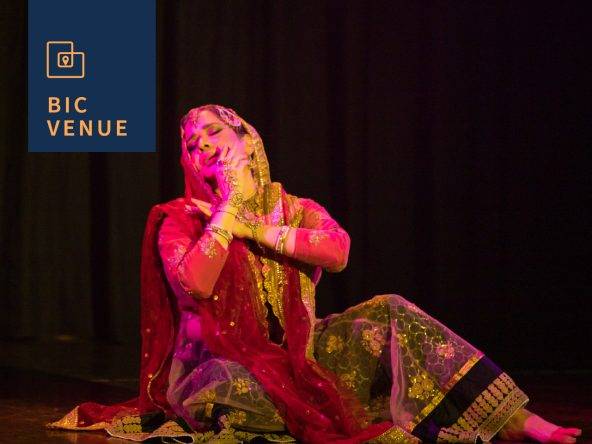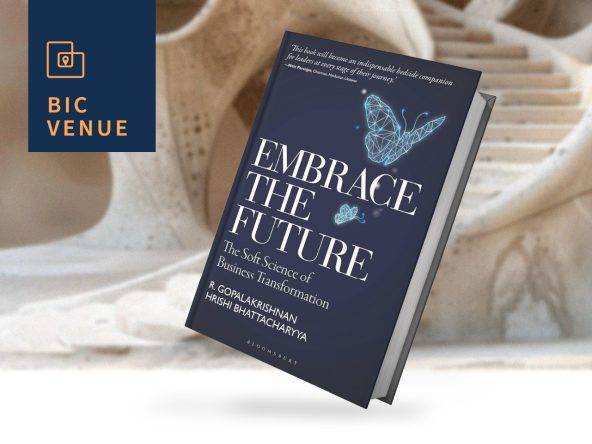Excavating the Human Molecular Past How DNA From Ancient Humans Can Be Used to Uncover Our Genetic Origins
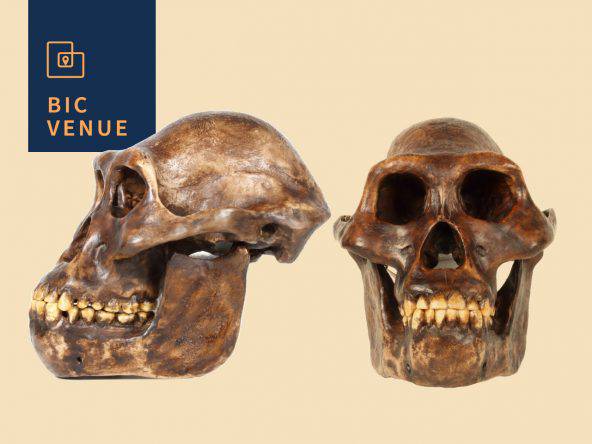
Details
Dec 13 2022 to Dec 13 2022 6:30 p.m.
EVENT HAS ENDED
Where
Bangalore International Centre
7 4th Main Rd, Stage 2, Domlur 560071
Event Description
The ability to recover and analyse DNA from dead organisms was realized way back in 1984, with the publication of ancient DNA from an extinct South African equid called quagga. For the next couple of decades, efforts were made to expand this research to other species and older time periods, especially to trace the genetic history of our own species – Homo sapiens. Challenges relating to DNA quality and less optimal laboratory and DNA sequencing techniques meant that insights were slow to accrue and could only probe small regions of the genome (sum of the genetic content in our bodies). All of this changed in 2010 with the back-to-back publication of entire genomes of a Neanderthal and a 4,000-year-old ancient Greenlandic human. This scientific leap was facilitated by the explosion of new, high-throughput DNA sequencing technologies in the market coupled to improved methods for extracting and analysing DNA from the past. The last decade has leveraged new technologies to provide incredible understanding of the genetic origins of our species, including our origins in Africa, admixture or ‘introgression’ with other hominins such as Neanderthals and Denisovans, genetic diversification and population movements around the rest of the world, prehistoric and historic genetic mixing between human populations, as well as the evolution of human diseases and adaptations to various bio-physical environments. These achievements were recently recognized when leading paleogeneticist, Dr. Svante Pääbo of the Max Planck Institute for Evolutionary Anthropology (Leipzig, Germany), was awarded the 2022 Nobel Prize in Physiology or Medicine. In this lecture, we will cover the history of the field of paleogenetics as it pertains to the study of our species and discuss key insights that the field has generated over time. We will also have on displace replicas of skulls from human ancestors, including Autralopithecus, Neanderthals and others. In collaboration with NCBS.
